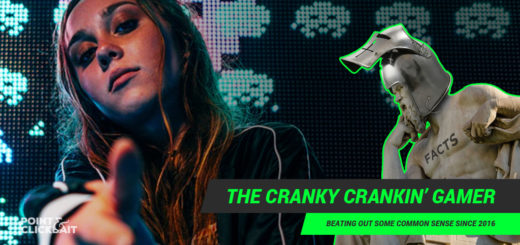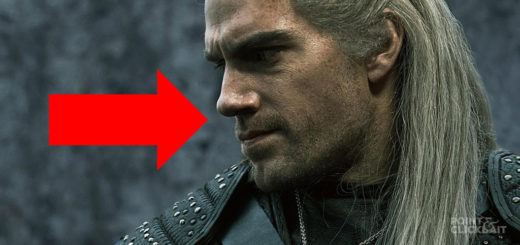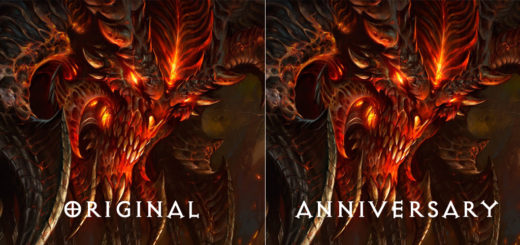ComicsGate Review: This Tired GamerGate Asset Flip Shows Reactionary Studios Are Out Of Ideas

It’s been only a few short years since the people at Reactionary Studios gifted us with their first take on the first person tantrum (FPT) genre, and many were surprised to see this small but vocal studio quickly wheel out another installment. Unfortunately, a closer examination of ComicsGate reveals that the studio are running on empty, with mostly recycled assets and an uninspired, phoned-in narrative that fails to live up to the hype.
ComicsGate, much like GamerGate before it, tells the story of an intrepid hero who is the only person smart and logical enough to understand that the world is being invaded by the malevolent force known as Politics. Just like the first game, it’s up to you to lead the rag-tag resistance against these invisible forces of bullying and mind-control, while rallying your forces and building an army of Truefans.
To give Reactionary Studios some credit, they have clearly attempted to streamline the premise with ComicsGate. Like a fighting game pretending to care about its plot, GamerGate always struggled under the constant burden of trying – and failing – to prove that any of the characters involved were actually concerned about the overarching narrative of ethics in games journalism.
ComicsGate has learned from the mistakes of its predecessor and done away with that unnecessary pretense entirely. You’re simply treated to a few lines at the start of the game saying that “Politics may have been driving away from Gaming… but now it’s attacking the peaceful world of Comics!” and you’re dumped straight into the action.
There’s no wasted time getting you into the drivers seat and shouting at minorities, shouting at women, or just plain wandering around the levels shouting and hoping someone is around to hear you and get “triggered”. However, despite basically ditching the story, the core gameplay mechanics remain the same, with Reactionary clearly hoping not to alienate the fanbase by making any kind of changes.
Fans of the series will already understand how to use your character’s “rational sense” power to seek out NPC’s who are summoning Politics into the world, and will already have all the quicktime events memorised necessary to build up enough Justification Points so that you can pre-emptively attack them in self-defense. Disappointingly, the frankly lame and outdated Dogpile mechanic from the first game also remains completely unchanged – a textbook example of the sort of corners that inevitably get cut when you rush a sequel to market.
The same cast of characters also make a return, and unfortunately it looks like Reactionary actually copied and pasted a lot of the voice lines and talking points. Fan favourites like Shouting Skeptic and Quantum Helmet make an appearance, and there’s also an extended 4 hour cutscene from The Logical Spartan included as a hidden easter egg for the truly dedicated.
Even many of the enemy types are simply reskins from the previous game – if you’ve played against GamerGate’s Blue Haired Harpy then you’ll already know how to beat ComicsGate’s Rainbow Haired Harridan. Similarly, the ultimate evil of Politics remains frustratingly unexplored in this game as well, with Reactionary Studios failing to really provide any clear detail on this supposedly terrifying enemy.
Ultimately, moving the same old gameplay to a new setting and then re-releasing at the full price tag, doesn’t really cut it anymore. Reactionary Studios had a great opportunity to really try something different here, but it’s becoming very clear that the developers only really had one idea and just don’t know how to make it work in an increasingly changing world.
2/10























